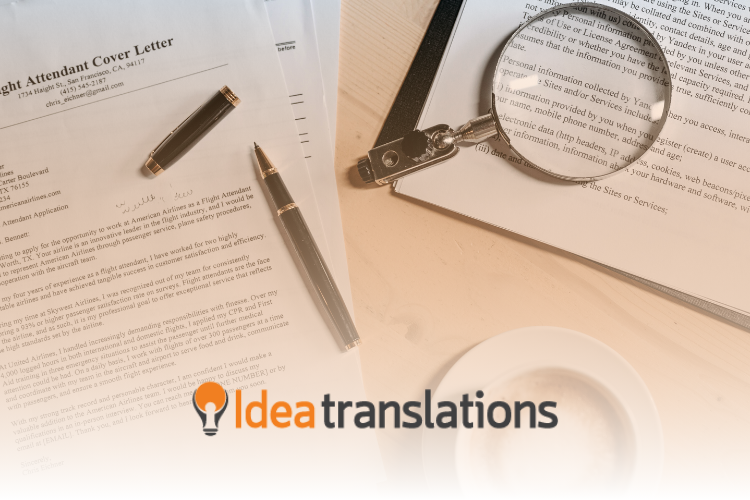
Brevity is Power: Crafting the Economy of Language in Translation
The concept of the “economy of language” in translation is part of the strategic approach focused on maximizing efficiency and clarity in multilingual communications by minimizing the use of unnecessary words and phrases.
This principle involves conveying ideas as simply as possible while preserving their intended meaning. For businesses, this approach is crucial as it eliminates ambiguity and ensures that the message remains strong and clear. For instance, in translating a marketing campaign across different languages, the original impact and emotional resonance must be retained without becoming overly verbose or confusing.
In today’s fast-paced world, where audiences have more limited attention spans, this concept is particularly important. In publicity, every word counts. A concise message not only keeps readers engaged but also minimizes misunderstandings and enhances the overall user experience. The goal is to communicate effectively with fewer words, but meaningful ones.
But marketing is not the only area where we economize language: actually, we do it every day, in every text we write and every word we utter. This is key for translating and interpreting since we need to reflect other people’s language economy in our productions, be they written or oral.
Why Companies Should Prioritize Language Economy
Focusing on the economy of language can give businesses a significant advantage. Streamlining communication makes interactions more dynamic and efficient, which is crucial in fast-moving industries like technology and finance. Quick, clear messaging accelerates decision-making and measures implementation, ultimately saving time and resources and boosting overall productivity.
Moreover, condensed communication enhances brand image. Companies that convey their messages clearly and effectively are often perceived as more credible and qualified. This clarity builds trust with international clients and partners, a key aspect in today’s global marketplace. Straightforward messages not only fosters stronger connections but also consolidates relationships.
Practical Tips for Implementing Language Economy
-Define Core Messages: Identify the essential messages you need to convey. This focus streamlines the translation process, ensuring key points remain intact. Aim for clarity and simplicity. Keeping it simple is the best way to produce complex but not complicated writing pieces.
-Use Active Voice: Active voice makes sentences more direct and impactful. This aligns with the principles of language economy, as it reduces wordiness and enhances readability.
-Engage with Professionals: Partner with skilled translators who are adept in both language and cultural nuances. Their expertise ensures translations are to-the-point and culturally relevant, bridging the gap between efficiency and effectiveness.
-Scrutinize and Optimize: Regularly review and fine-tune your translations. Gather feedback from native speakers and industry experts to spot areas for improvement. This iterative process helps maintain high standards of language economy.
Challenges and Solutions
While the advantages of language economy in translation are evident, certain challenges persist. On the one hand, one key obstacle is achieving the right balance between brevity and completeness. Translators need to ensure that essential information isn’t lost in the pursuit of conciseness. On the other hand, consistency across different languages needs to be ensured. With varying structures and conventions, maintaining uniformity can be tricky.
To tackle this, companies should set clear guidelines and collaborate closely with translators to maintain the perfect equilibrium. Investing in robust style guides and comprehensive glossaries can provide translators with the necessary tools to ensure word economy, making the translation process smoother and more reliable.
The Future of Language Economy in Translation
As global communication rapidly evolves, the significance of mastering language economy grows ever more critical. Companies that excel in this area will be well-positioned to succeed in an interconnected world. By focusing on direct and impactful communication, businesses can forge stronger relationships, elevate their brand image, and secure a competitive advantage.
The economy of language in translation is a powerful tool that companies can leverage to enhance their global communication efforts. By emphasizing the importance of keeping language simple, businesses can ensure their messages resonate across diverse audiences and drive success.
At Idea Translations, our team of expert linguists, supported by cutting-edge technology, is dedicated to helping you find the perfect balance between short and sharp. We ensure your company communicates with confidence and clarity on a global scale.
Contact us today to discover how we can help you achieve straightforward, meaningful messages and make your mark in the international arena.



